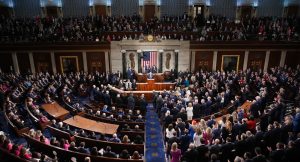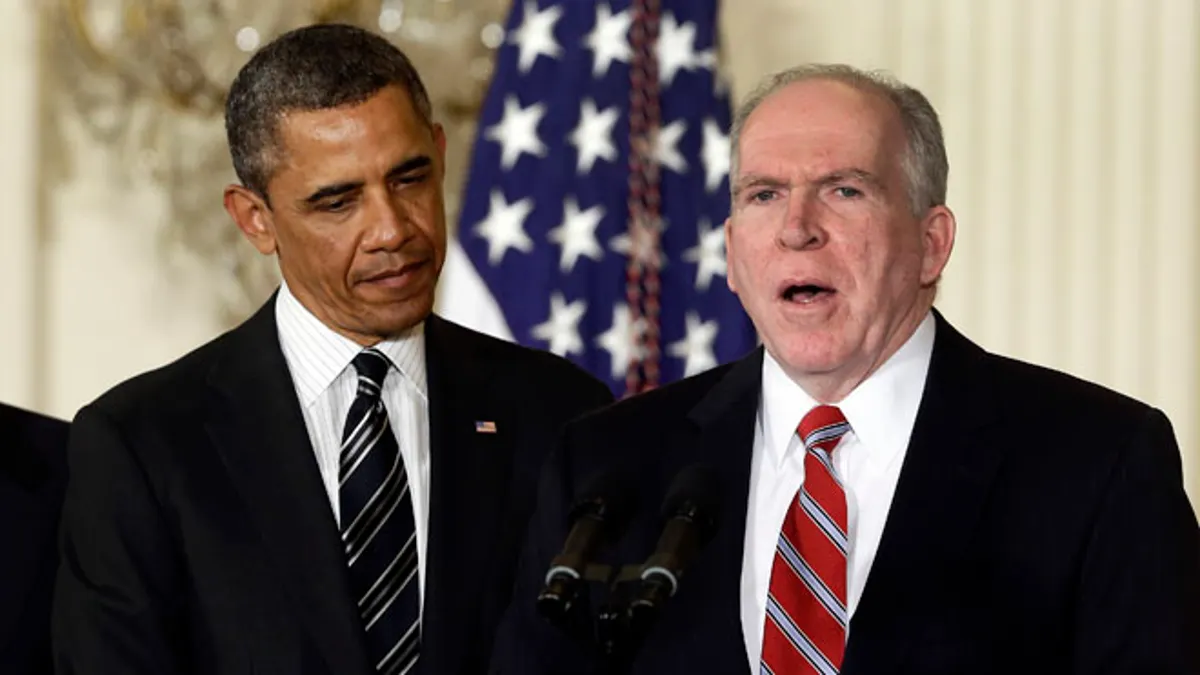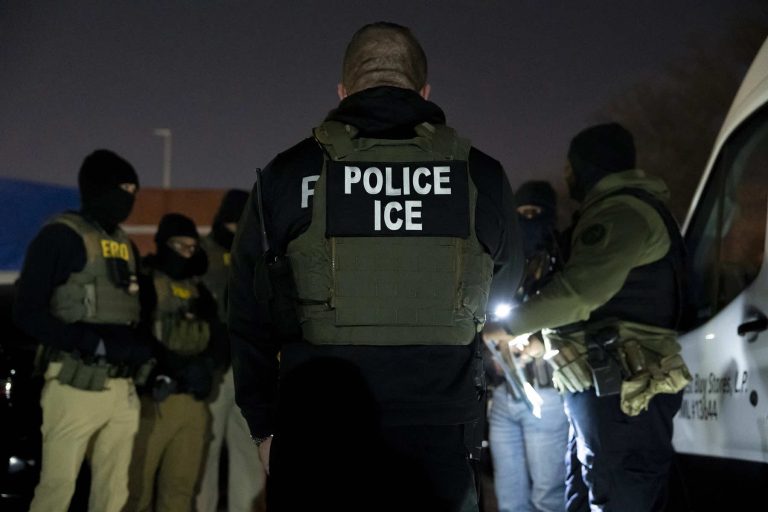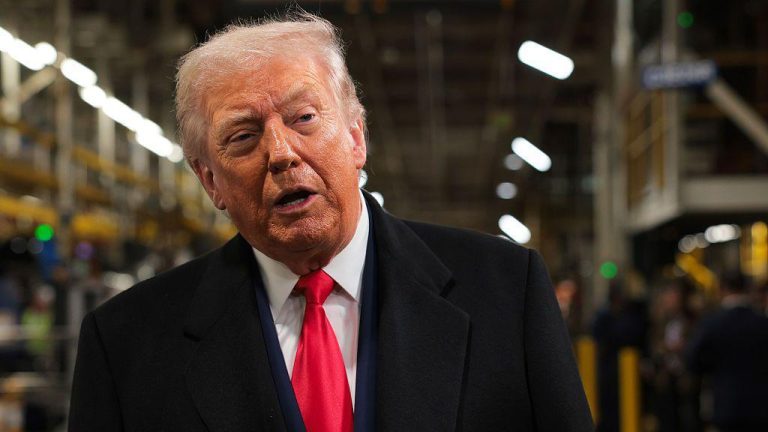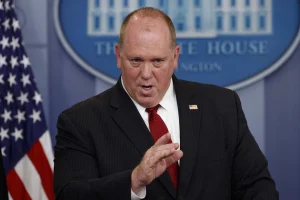A newly declassified CIA report has reignited controversy surrounding the 2016 presidential election and prompted calls for criminal charges against former intelligence officials, including former CIA Director John Brennan. The report, released by current CIA Director John Ratcliffe, alleges serious irregularities in the preparation of the 2016 Intelligence Community Assessment (ICA), which concluded that Russia interfered in the election to benefit Donald Trump.
According to the “Tradecraft Review of the 2016 ICA,” Brennan played a central role in pushing unverified intelligence—most notably the Steele dossier—into the final assessment. Critics say this dossier, compiled by a former British intelligence officer and funded in part by the Clinton campaign, was known to contain dubious claims about Trump’s alleged ties to Russia. The review claims the dossier was included despite internal warnings about its reliability.
Former CIA officer Bryan Dean Wright has emerged as one of the most outspoken critics, accusing Brennan of manipulating the ICA process for political purposes. Wright claims Brennan sidelined career analysts, restricted input from nonpartisan intelligence staff, and expanded the distribution of the ICA to over 200 officials—an unusually high number for such a classified product. According to Wright, this was a deliberate tactic to increase the likelihood of media leaks and shape public opinion ahead of Trump’s inauguration.
Wright also alleges Brennan was instrumental in leaking the Steele dossier to journalists, helping to ignite what became known as “Russiagate”—a sweeping investigation into alleged collusion between the Trump campaign and Russian operatives. While that investigation dominated headlines for years, a 2023 special counsel report ultimately concluded that there was no evidence directly linking Trump’s campaign to Russian election interference.
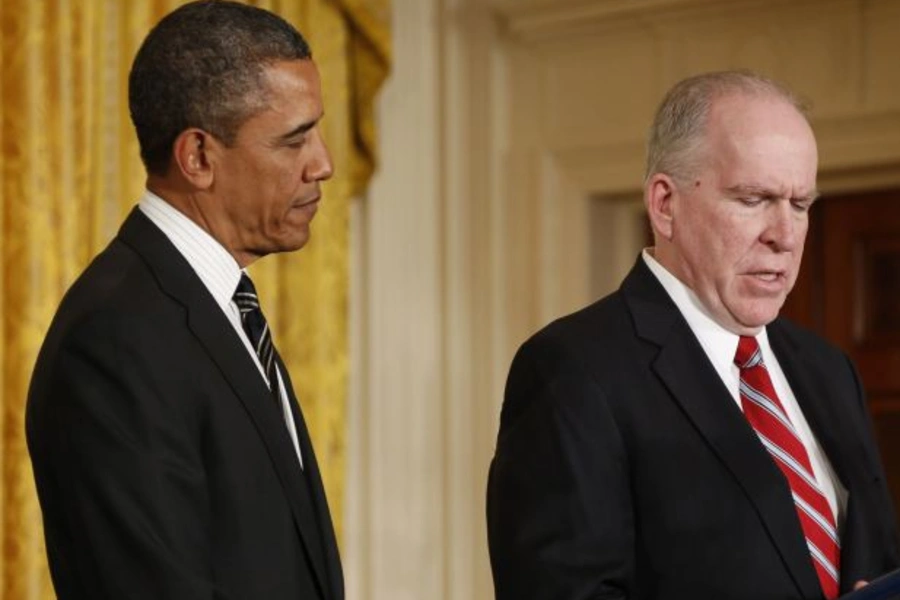
The newly released CIA review supports claims that the original 2016 assessment was rushed and politically influenced. It describes the process as “chaotic” and “markedly unconventional,” with excessive involvement from Obama-appointed officials and limited participation from traditional oversight bodies like the National Intelligence Council.
The political fallout has been immediate. Critics, including Wright and a number of Republican lawmakers, are demanding legal accountability for Brennan and former FBI Director James Comey, who was also closely involved in the Russiagate probe. Wright argues that these officials “used their profound powers to destroy a politician they didn’t like,” and in doing so, endangered democratic institutions.
Brennan has long denied any wrongdoing. Shortly after leaving office in 2017, he told The Wall Street Journal that he had never read the Steele dossier. However, former CIA staffers now dispute that claim, alleging Brennan was well aware of the dossier’s contents and still pushed to include it in official reports.
The controversy is likely to continue escalating as the new report circulates through Congress and legal experts debate whether there are grounds for prosecution. For critics of the original Russia investigation, the CIA’s internal review provides new ammunition in their argument that the probe was politically motivated from the beginning.
As the spotlight returns to the intelligence community’s role in 2016, the central question remains: were key officials merely doing their job—or did they abuse their power to influence a presidential election?




